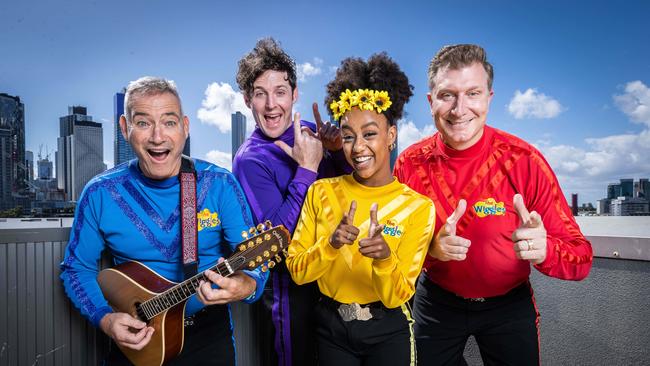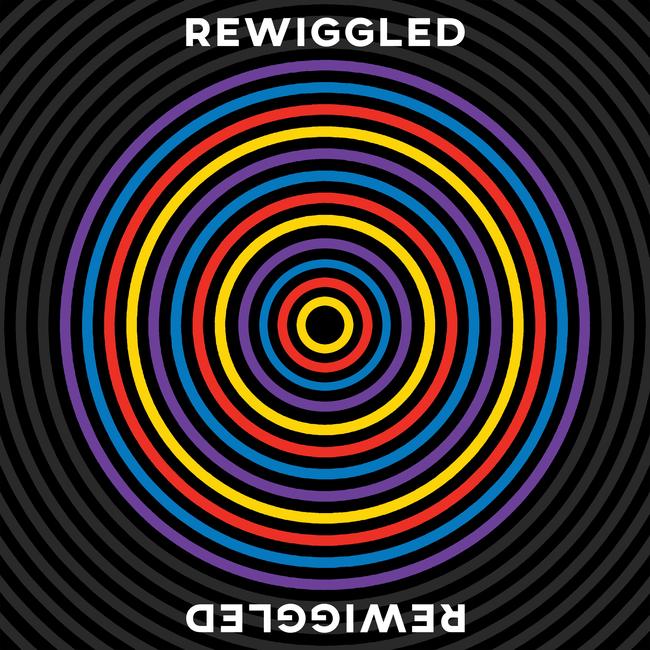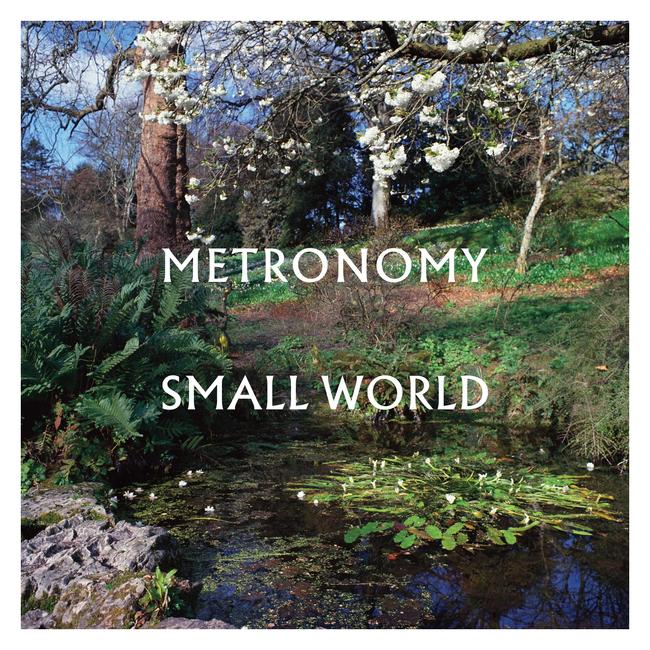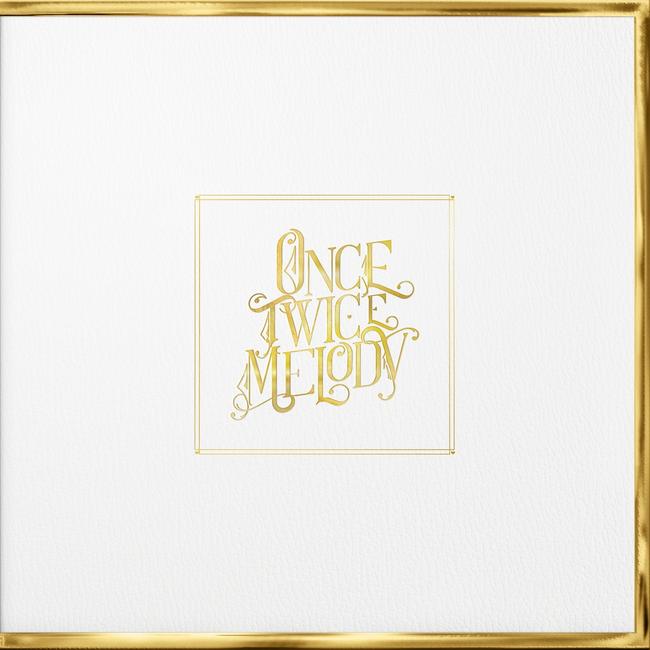Album review: The Wiggles and friends cover themselves on ReWiggled
The Hottest 100 winners’ powerful return to our collective consciousness makes sense, but it also hints at a perplexing trend of millennial self-infantilisation.

Album reviews for week of March 25, 2022:

CHILDREN’S POP/ROCK
ReWiggled
The Wiggles & Various Artists
ABC Music
Beloved Australian children’s group the Wiggles stunned the nation when they topped this year’s Triple J Hottest 100 with their cover of Tame Impala’s 2012 song Elephant. Whether it was through genuine praise, pandemic-induced nostalgia or an unspoken collective joke, the voting public decided the group’s Like A Version – infused with lyrics from their classic tune Fruit Salad – was the top track of 2021. Following this new-found popularity — and as an extension of an idea first explored in a 2011 release of the same name — this double album features classic Wiggles songs reinterpreted by an array of Australian artists, as well as covers by the Wiggles of hits from the likes of Queen, James Brown and Fatboy Slim. Punk rockers DZ Deathrays kick it off with a spirited interpretation of Hot Potato, while the bubbly indie rock stylings of Spacey Jane take on D.O.R.O.T.H.Y (My Favourite Dinosaur), Polish Club turns Apples and Bananas into a slow-building polka, and Dami Im offers a gorgeous jazz ballad rendition of Big Red Car.
Queensland trio the Chats bring their “shed rock” flair to Can You (Point Your Fingers and Do the Twist?), and their hit Pub Feed gets the Wiggles treatment on side B – with longtime member Anthony Field changing the lyrics from “greasy” to “healthy”. The Wiggles offer cute versions of We’re Going to Be Friends (The White Stripes) and the Stones classic She’s a Rainbow, with psychedelic drug undertones easily reinterpreted for a younger audience. New member Tsehay Hawkins sings on Rihanna’s Umbrella, and AC/DC’s Thunderstruck becomes a folk ballad laced with piano. Other instances of altered lyrics remind us of the target demographic, such as when Bohemian Rhapsody’s murder confession is hummed rather than sung. This group’s powerful return to our collective consciousness makes sense but it also hints at a perplexing trend of millennial self-infantilisation. Regardless of how it happened, ReWiggled No.2 is worth a listen for anyone wanting a fun, albeit muddled, trip down memory lane.
Emily Ritchie
-

INDIE POP
Are You Haunted?
Methyl Ethel
Future Classic
Jake Webb’s solo project Methyl Ethel scored platinum sales for 2017’s Ubu, but even that ultra-catchy tune began with dreamy, sidelong synths before kicking off its sticky bass pulse. Webb follows suit on his fourth album, tempering his natural gift for earworms with a penchant for atmospheric tinkering. That’s not a flaw, unless someone is expecting a whole series of songs like Ubu. Instead, the Western Australian moves freely between cinematic piano ballads and anxious dancefloor catnip. Webb recalls some of his strongest art-pop forebears in certain spots, with palpable Talking Heads vibes during Neon Cheap and a similar ebb and flow to Radiohead’s Pyramid Song on One and Beat. The breakout track is Proof, a duet with Stella Donnelly that glides on a glittering groove while questioning the suspicion of science in some modern circles. It’s got both the circular refrains and transporting asides that Webb does so well, proving that there’s no need for him to couch his weirder impulses.
Doug Wallen
-

INDIE ROCK/ELECTRONIC
Small World
Metronomy
Because Music
Brevity is an undervalued asset in an era where music is more accessible than ever, and British group Metronomy is acutely aware of its benefits on seventh album Small World. By confining itself to a tight 34 minutes, the band crams an impressive smorgasbord of flavours into these nine tracks, which draw on the likes of indie-folk, post-punk and even 70s-influenced disco for good measure. The opening trio will quickly establish whether this album is for you: opening ballad Life and Death starts things on a sombre and nostalgic note, then Things Will Be Fine kicks things into gear with the gentlest of rock nudges, before It’s Good To Be Back trades guitars and drums for synths and programmed beats in a song that comes across as an ode to Bowie at his most joyously experimental. Loneliness on the Run provides a touch of Joy Division’s darkness for those after something weightier, but overall Small World combines the brighter, colourful parts of the pop, rock, and folk worlds into an impressively concise package.
Alasdair Belling
-

JAZZ
Grateful
Mat Jodrell
Nicholas Records
This beautiful album is trumpeter Mat Jodrell’s fourth as a bandleader, reuniting with fellow Perth expatriates, all resident in Melbourne: saxophonist Carl Mackey, trombonist Jordan Murray and bassist Sam Anning. They are joined by two New Yorkers in American drummer Jimmy Macbride and Japanese pianist Miki Yamanaka, who happened to be visiting Melbourne when this session took place. The compositions feature lovely harmonic changes, over which excellent improvisations take place, so the music can be considered hard-bop. But it’s a particularly Australian form of contemporary hard-bop – relaxed, confident, laid-back. These are our finest musicians in great form, playing nine clever, well-arranged compositions by Jodrell. Surrounded by brilliant Australians, the two New Yorkers are pleasingly adept. Macbride is always part of the conversation but never intrusive, while Yamanaka stands out. Her piano solos, distinctive and melodic, suggest that her serendipitous presence is a big plus.
Eric Myers
–

DREAM POP
Once Twice Melody
Beach House
Mistletone
Established fans of US duo Beach House will happily dive into this 85-minute double album, but newcomers might need to be more patient with it. Multi-instrumentalists Victoria Legrand and Alex Scally self-produced Once Twice Melody and even employ a string ensemble on intricate tracks like ESP, yet the sheer amount of material coupled with unhurried arrangements and Legrand’s dazed singing can drag over 18 tracks. That may be why Beach House released the album incrementally in four individual chapters, which does ease us more naturally into these layered, reverbed lullabies. Runaway and Masquerade are among the most animated turns, with the latter’s gloomy darkwave mode edging closer to trip-hop by the end. If certain keyboard tones and programmed drum percolations initially feel overused, further listens reveal subtler variations at play. And why fix what isn’t broken? When Legrand starts singing against her own mirrored harmonies on the back-to-back Illusion of Forever and Finale, it feels newly transporting.
Doug Wallen


To join the conversation, please log in. Don't have an account? Register
Join the conversation, you are commenting as Logout